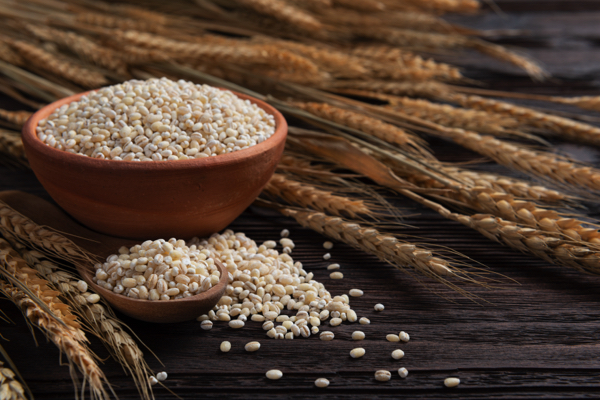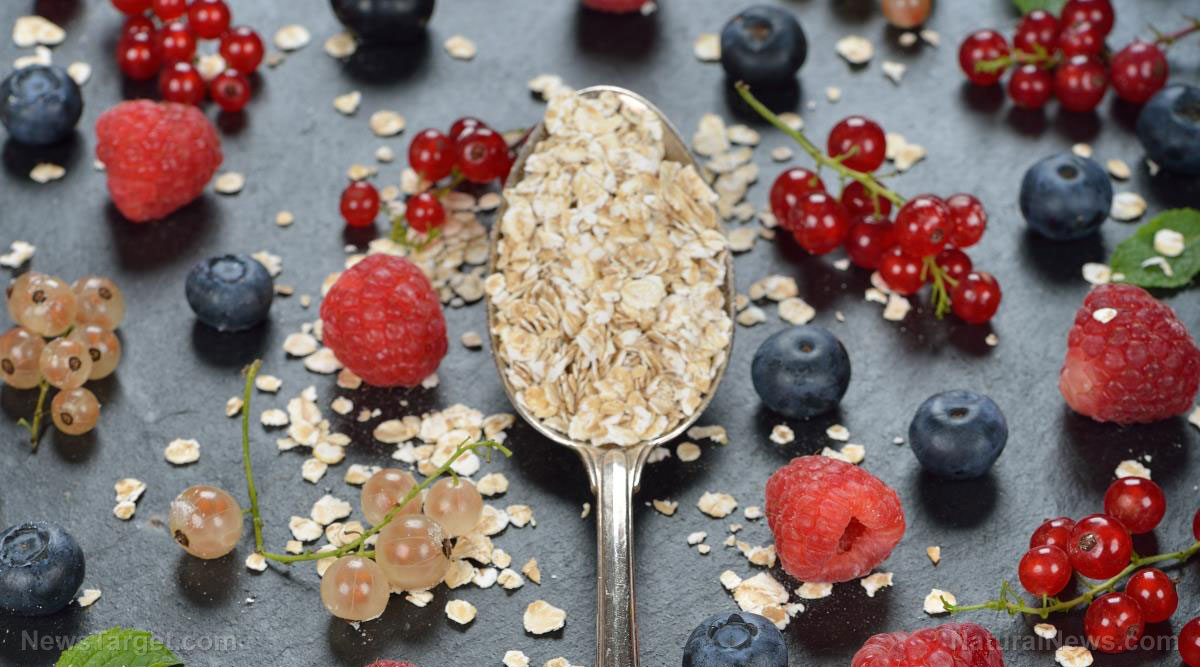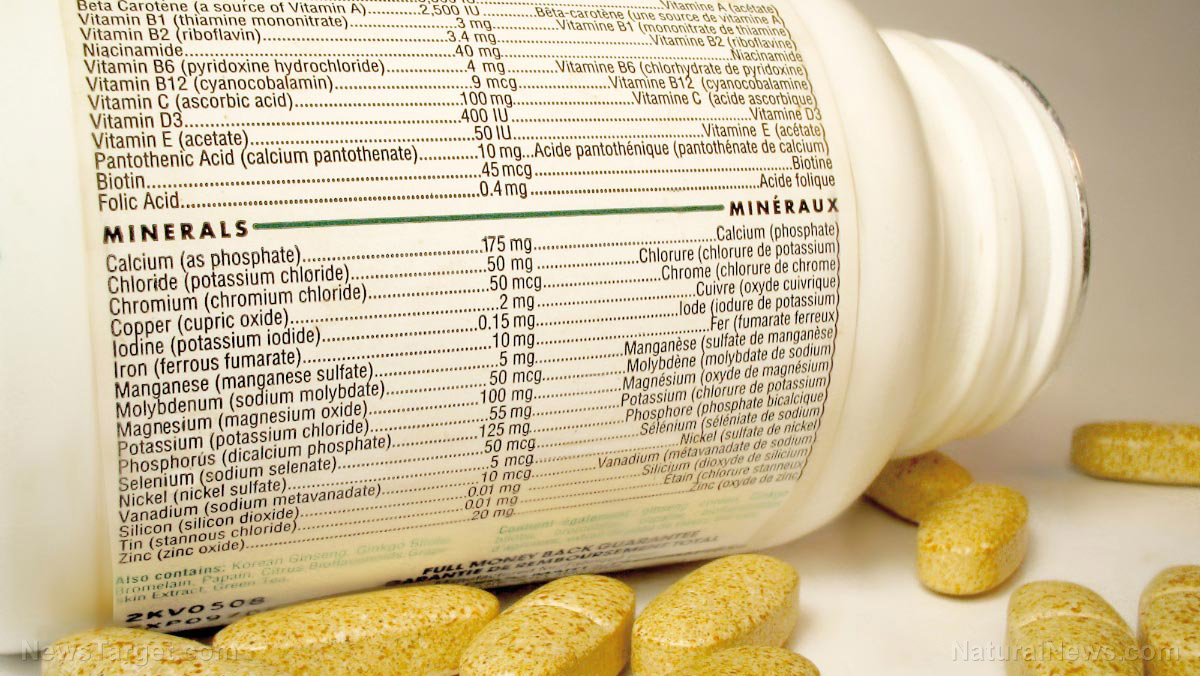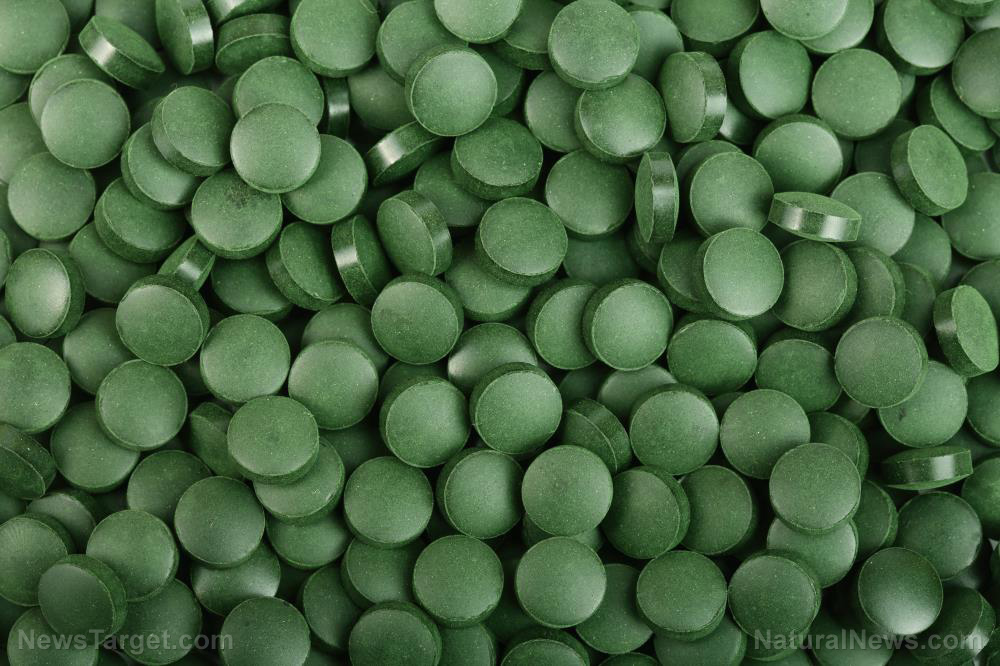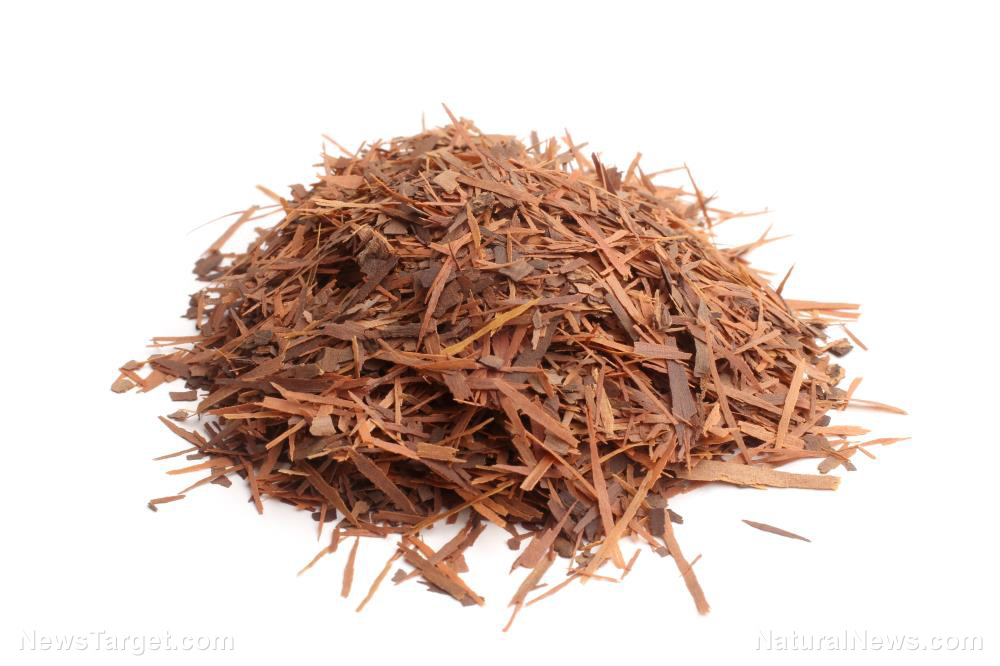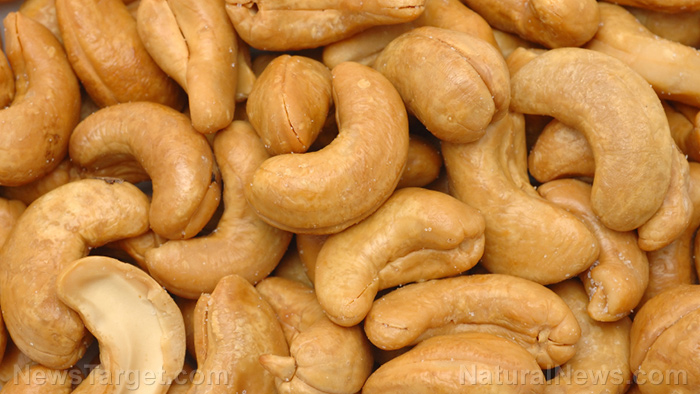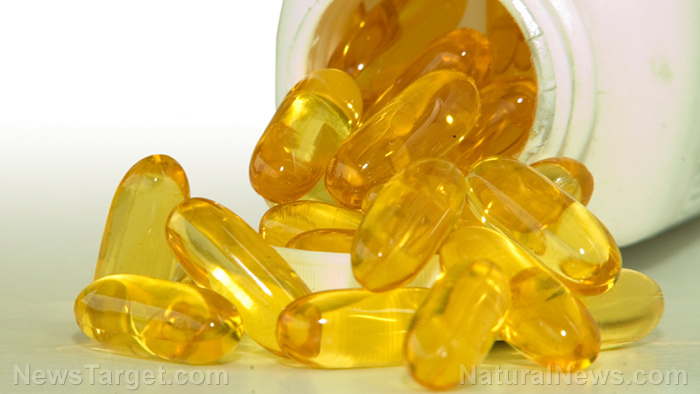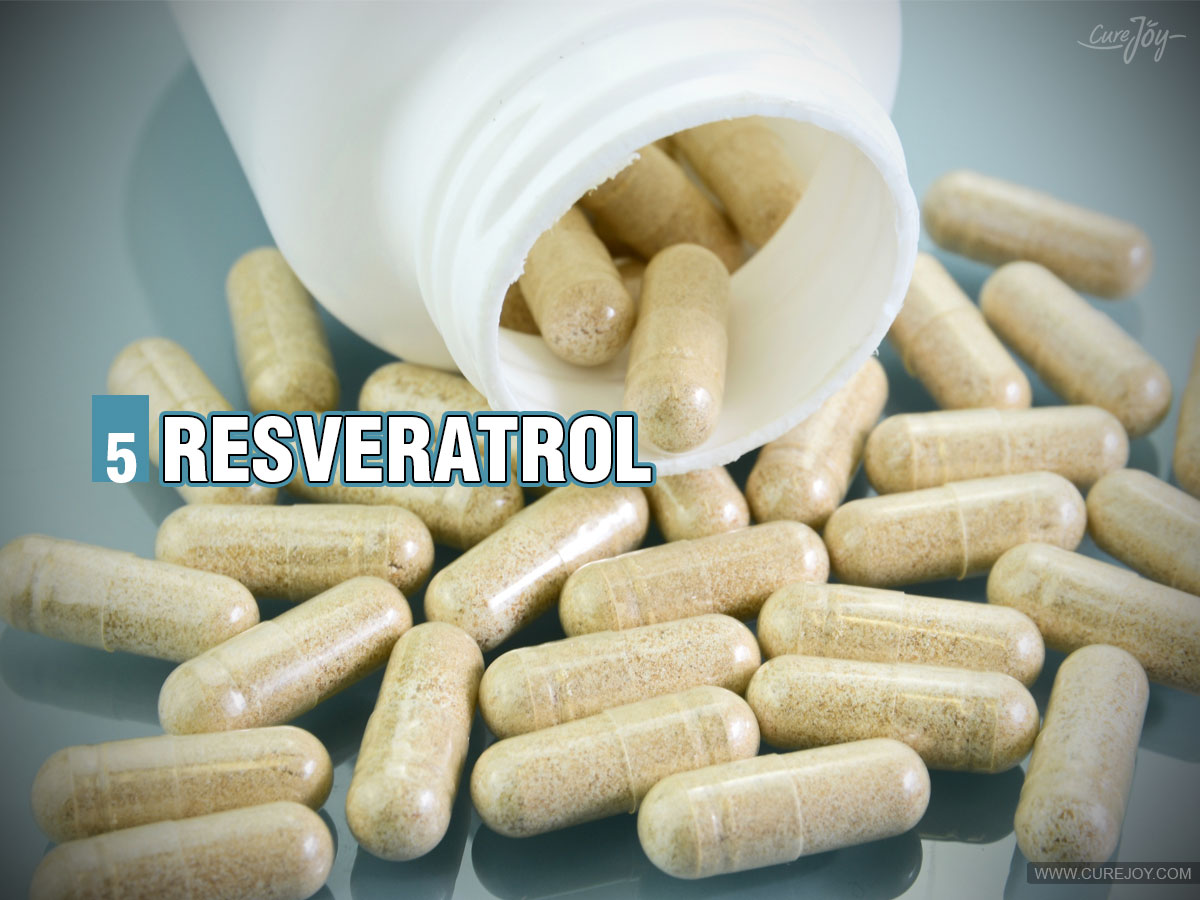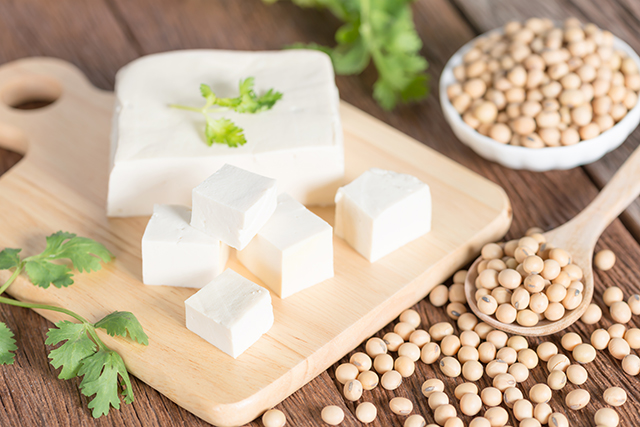The HEART-HEALING power of SEVEN Mediterranean plants
04/10/2025 / By Lance D Johnson

The Mediterranean diet possesses numerous plant-based foods that are rich in nutrients, flavonoids, and vasodilating phytochemicals that improve blood quality, blood flow, and organ health. This article explores SEVEN Mediterranean plants that are important for heart health.
Key points:
• Garlic, hawthorn, saffron, olive, rosemary, grape, and cayenne pepper deliver multifaceted cardiovascular protection.
• These plants combat oxidative stress, reduce inflammation, improve lipid profiles, and relax blood vessels — often outperforming pharmaceuticals with fewer side effects.
• The Mediterranean diet’s “matrix effect” amplifies benefits when these foods are combined (e.g., olive oil + leafy greens + cayenne pepper).
• Science-backed daily intakes: 1–8 cloves of garlic, 2–3 tbsp olive oil, 2 cups grapes — but cayenne’s capsaicin steals the show for circulatory health.
Seven Mediterranean plants proven to protect against heart disease
Imagine a world where lowering blood pressure, unclogging arteries, and shielding your heart from disease could be as simple as savoring a sun-drenched Mediterranean meal. New research reveals this isn’t fantasy — it’s the proven power of the Mediterranean diet – specifically in seven plants.
Peer-reviewed studies affirm that garlic’s allicin, olive’s oleuropein, and cayenne’s capsaicin work synergistically to combat heart disease through mechanisms Big Pharma spends billions attempting to replicate. As cardiovascular deaths soar globally, these kitchen staples offer a lifeline rooted in ancestral wisdom — now validated by modern science.
1. Garlic: The vessel whisperer
Garlic’s sulfur compounds (diallyl trisulfide, allicin) convert to hydrogen sulfide in the body, relaxing blood vessels by 12–15% in hypertensive patients. A meta-analysis of 20 trials confirmed garlic lowers LDL cholesterol by 10–15% through inhibition of hepatic HMG-CoA reductase. Pro tip: Crush garlic and let it sit for 10 minutes to activate its enzymes.
2. Hawthorn: The heart’s rhythm keeper
Used in Traditional Chinese Medicine for centuries, hawthorn’s vitexin and oligomeric procyanidins selectively dilate coronary arteries. A Cochrane Review found it enhances cardiac output in heart failure patients while reducing fatigue.
3. Saffron: The golden shield
Crocin in saffron suppresses inflammatory cytokines (IL-6, TNF-?) and reduces arterial plaque in animal models. Just 200 mg/day improved endothelial function in diabetic patients.
4. Olive: The liquid gold
Extra virgin olive oil’s oleocanthal rivals ibuprofen’s anti-inflammatory effects. The PREDIMED trial linked 4+ tbsp/day to 30% lower CVD risk — attributed to polyphenol-induced nitric oxide boost.
5. Rosemary: The mitochondrial guardian
Carnosic acid activates Nrf2 pathway, up-regulating endogenous antioxidants. In a Phytotherapy Research study, 750 mg rosemary extract/day slashed oxidized LDL by 20% in 3 months.
6. Grape: The endothelial ally
Resveratrol from grape skins mimics caloric restriction, activating sirtuins and improving vascular elasticity.
7. Cayenne pepper: Blood flow enhancement
While not native to the Mediterranean, cayenne’s capsaicin earned its spot here with staggering heart benefits:
• A BMJ meta-analysis found 2–4 mg capsaicin/day (½–1 tsp cayenne) reduced cardiac mortality by 13%.
• Capsaicin activates TRPV1 receptors, triggering CGRP release — a potent vasodilator.
• Burns visceral fat: 12-week supplementation decreased triglycerides by 27% in obese subjects.
The synergy secret: why combinations matter
The Mediterranean diet’s magic lies in food synergy:
- Olive oil + leafy greens: Polyphenols increase nitrate-to-nitrite conversion, boosting nitric oxide by 50%.
- Garlic + fatty fish: S-allyl cysteine from garlic enhances omega-3’s anti-arrhythmic effects.
- Cayenne pepper: Capsaicin enhances the absorption of nutrients from the other foods.
Cayenne is a powerful medicine
One of cayenne’s key digestive benefits is its ability to stimulate the production of digestive enzymes and gastric juices. Capsaicin triggers the release of hydrochloric acid and enzymes in the stomach, helping break down proteins, fats, and carbohydrates more efficiently. This improved digestive process ensures optimal nutrient extraction before food moves into the intestines for absorption. Additionally, cayenne enhances intestinal permeability and blood flow by increasing mucous production in the gut lining, which protects against irritation while improving nutrient transport. The boost in circulation to the digestive tract also helps counteract malabsorption issues linked to low stomach acid or gut inflammation.
Cayenne also supports the bioavailability of fat-soluble nutrients. Its carotenoids (such as beta-carotene, a precursor to vitamin A) and fat-soluble vitamins are better absorbed when consumed with dietary fats. Capsaicin aids in fat emulsification, further improving the absorption of vitamins A, D, E, and K. Small amounts of cayenne may even promote a healthier gut microbiome by reducing harmful bacteria and encouraging beneficial ones, indirectly enhancing nutrient uptake.
Improved digestion from cayenne can also address malabsorption-related appetite issues. By correcting nutrient deficiencies — common in cases of poor digestion — it helps regulate appetite signals. Proper nutrient absorption ensures satiety hormones function as they should, reducing cravings and overeating caused by malabsorption.
Find out more about superfoods and their health benefits at Food.news.
Sources include:
Submit a correction >>
Tagged Under:
allicin, anti-inflammatory, antioxidants, blood flow, blood pressure, capsaicin, cardiovascular protection, cayenne pepper, cholesterol reduction, food science, grapes, hawthorn, health science, heart health, Mediterranean diet, natural remedies, nutrient absorption, oleocanthal, olive oil, organics, phytochemicals, resveratrol, Rosemary, saffron, vascular health, vasodilation
This article may contain statements that reflect the opinion of the author
RECENT NEWS & ARTICLES
Natural.News is a fact-based public education website published by Natural News Features, LLC.
All content copyright © 2018 by Natural News Features, LLC.
Contact Us with Tips or Corrections
All trademarks, registered trademarks and servicemarks mentioned on this site are the property of their respective owners.

